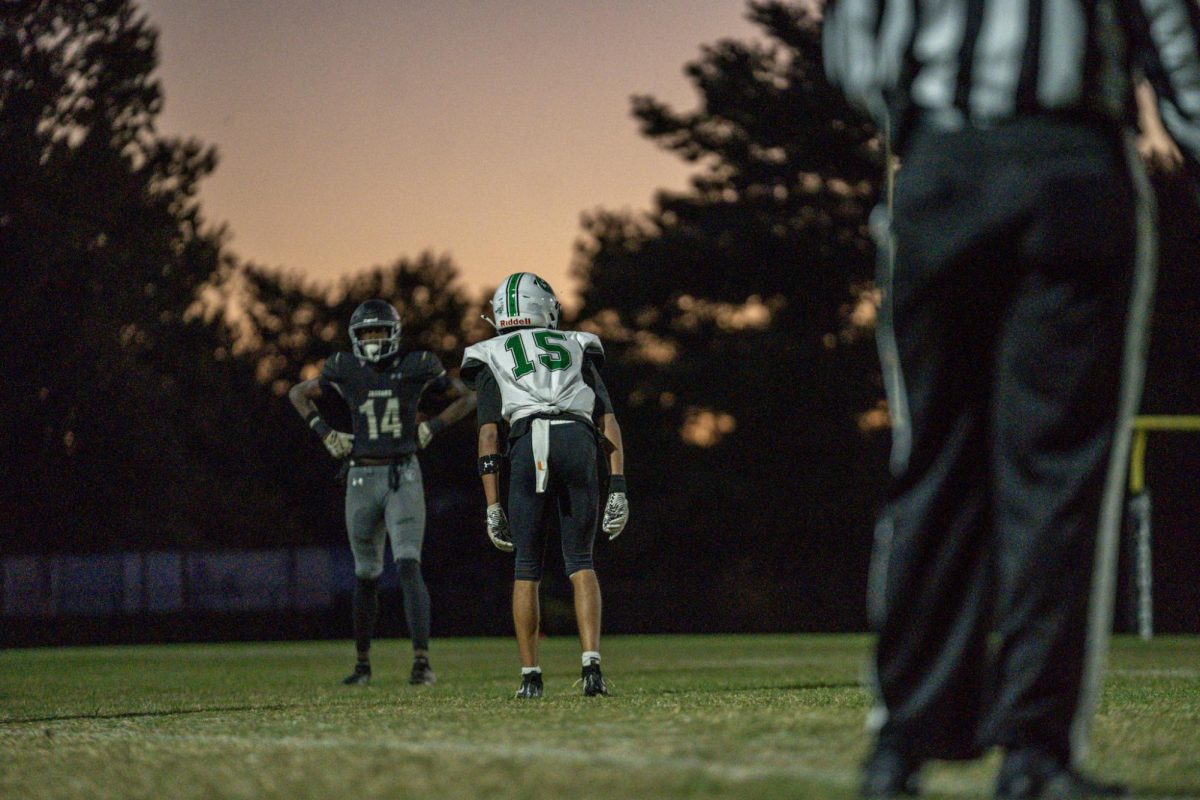Coriolanus Snow: cold, calculating, manipulative and ruthless. These words have long defined the notorious villain of the Hunger Games universe. But “The Hunger Games: The Ballad of Songbirds and Snakes,” a prequel to the Hunger Games trilogy, peels back the layers of this complex character, offering a glimpse into the early life of young Snow and the events that shaped him into the tyrannical figure we know. Directed by Francis Lawrence, this film is more than just a backstory; it’s a contemplative piece on human nature, power and the influences of society.
Set 64 years before the events of the original series, this film provides a fresh look at the early days of Panem and the rudimentary Hunger Games, used as a punishment for the districts’ uprising. It’s an interesting juxtaposition to the high-tech spectacle of the later games, offering a grittier, more brutal experience.
Tom Blyth delivers a compelling performance as young Snow, portraying the character’s evolution from a hardworking youth to a calculating and manipulative figure. His performance lends a surprising depth of humanity and evokes sympathy for Snow, revealing the intricate internal conflicts that propel his descent into tyranny. This depiction provides a stark contrast to the Snow known in later years, highlighting a time in his life when he seemed harmless and was even affectionately called “Coryo” by his cousin Tigris. Blyth’s nuanced acting ensures that viewers see the many layers that compose Snow’s complex persona.
Rachel Zegler playing Lucy Gray Baird is another standout. Her character, distinct from Katniss Everdeen of the original series but still having many parallels, brings a new type of strength and charm. Zegler’s performance captures the essence of Lucy Gray perfectly, adding depth and a mischievous gleam to her character. Her musical talent is a highlight, with Zegler performing eight captivating songs for the soundtrack, including “Pure as the Driven Snow,” “Nothing You Can Take From Me,” and the iconic “The Hanging Tree.”
Viola Davis, as Head Game Maker Dr. Volumnia Gaul, and Jason Schwartzman, as Lucky Flickerman, both add their own uniqueness to the film. Davis infuses her character with a wickedly captivating presence, while Schwartzman brings dark humor to his role.
While the movie largely adheres to the events in the book, it alters or omits certain scenes, which don’t significantly impact the overall storyline but do change how events unfold and may affect the audience’s understanding of character dynamics. The movie diverges from the book’s narrative regarding Clemensia’s role and the aftermath of her snake bite and modifies details surrounding the deaths of several tributes. Additionally, the film’s depiction of the Covey, a nomadic performance group of which Lucy Gray is a member, lacks the depth found in the book.
Some WJ students viewed the film and had positive reactions.
“I loved all the songs and the casting was also great. Tom Blyth did an amazing job performing and you can really see where Snow starts to lose some of his friendly personality and we see that in how he interacts with others as well,” sophomore Alex Krouse said.
“I think the movie could’ve explored the other Hunger Games competitors a little bit more. Compared to the other [Hunger Games] movies, this one didn’t give the characters as much dialogue or depth,” senior Naomi Eyassu said.
Overall, “The Ballad of Songbirds and Snakes” offers a deeper understanding of Coriolanus Snow, illuminating the complexities of his character before his ascent into villainy. It invites viewers to think about whether people like Snow are inherently good or evil, and whether they are shaped to become that way. Perhaps, as Lucy Gray Baird says in a moment of introspection, “There’s a natural goodness built into us all. We can either cross that line into evil, or not. And it’s our last work to stay on the right side of that line.”


![Fans have eagerly anticipated the release of the book-to-movie adaptation "The Hunger Games: The Ballad of Songbirds and Snakes” since the book's release in 2020. "The movie was missing some parts from the book but I loved it so much, especially the scenes when [Snow and Lucy Gray] are both in [District] 12 and we see Lucy Gray singing," sophomore Alex Krouse said.](https://wjpitch.com/wp-content/uploads/2023/12/Bl3RUr3gi8IpkVX9B6J4g6VvJHACN5chaTESagDm-1200x693.jpg)












